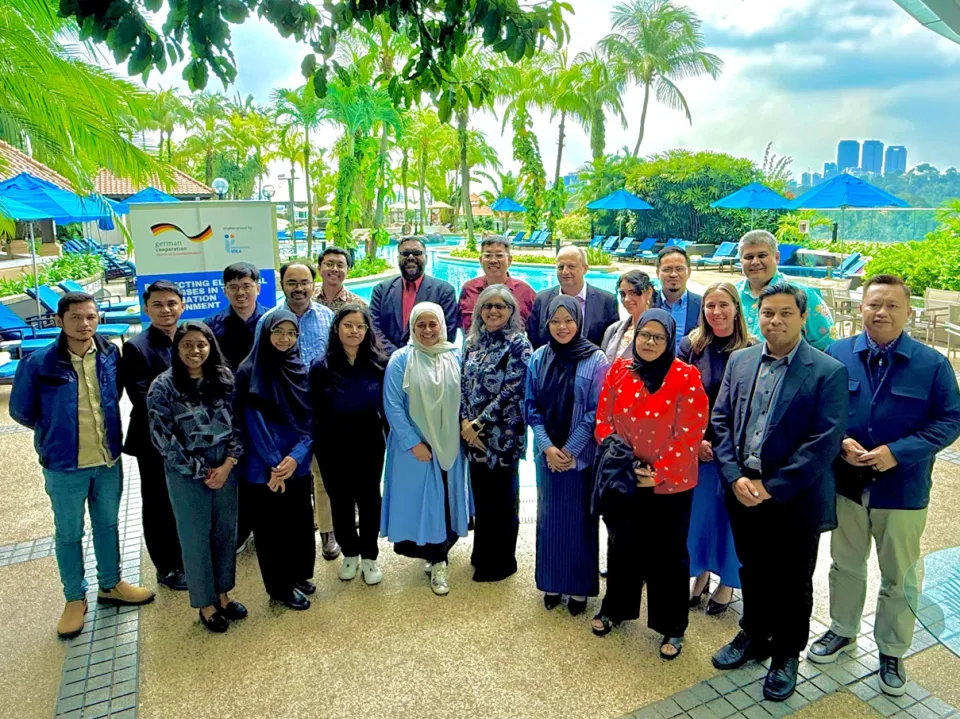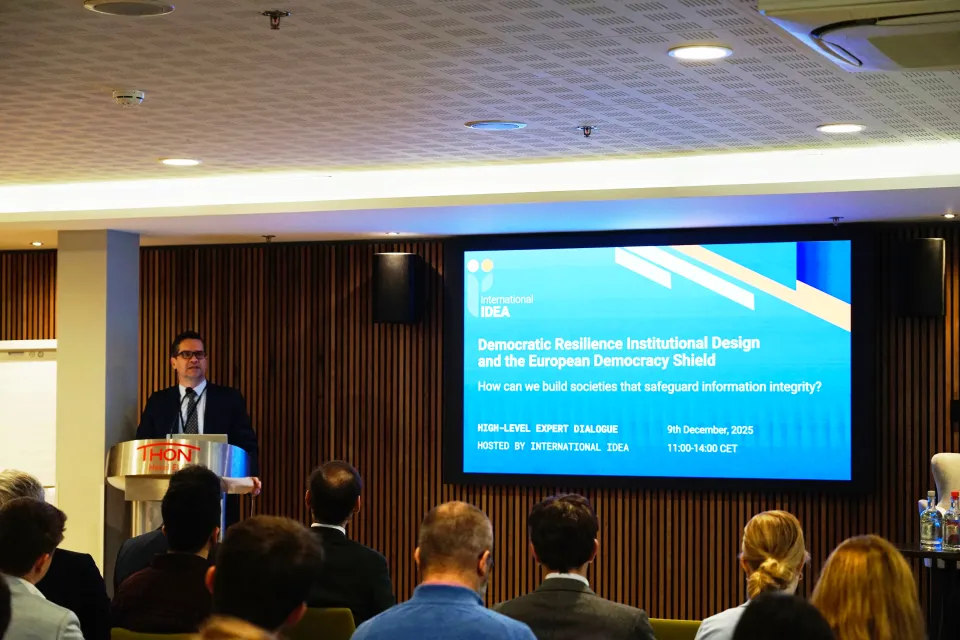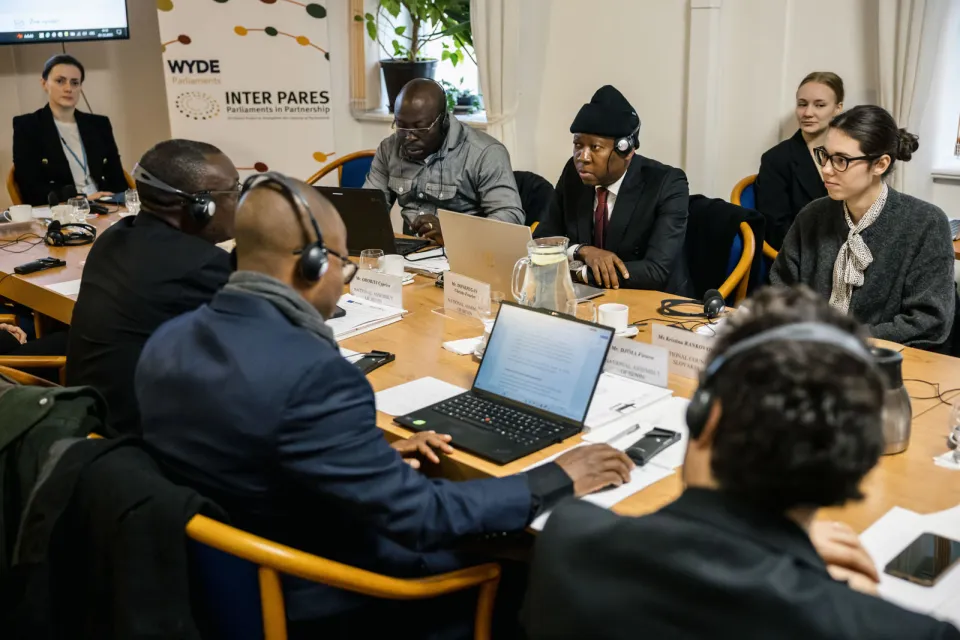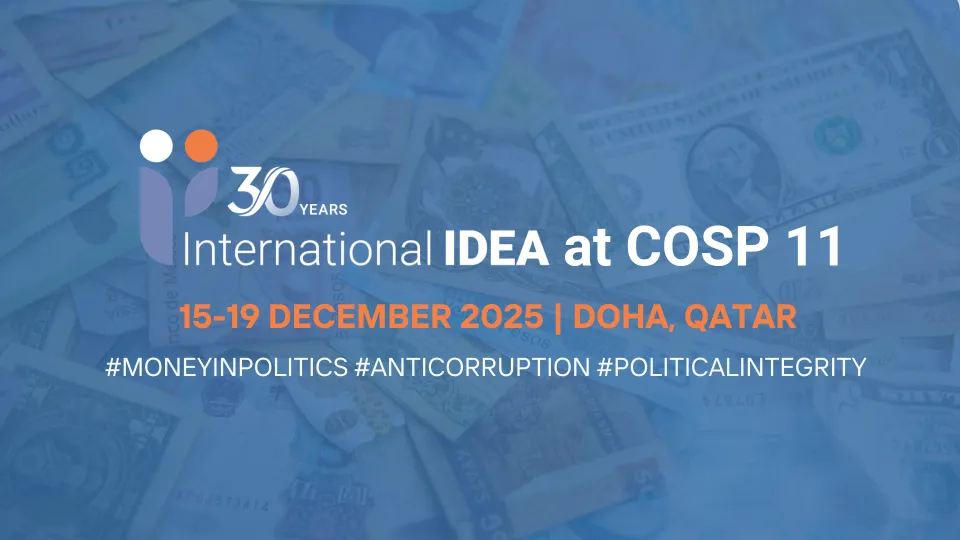Building Venice in Africa? What we might learn from Burundi
Tensions are reaching boiling point in Burundi as outgoing President Pierre Nkurunziza insists on running for a third term as the country’s leader. His bid comes amid protests of large numbers of citizens and the international community that such a move would be unconstitutional and contrary to the Agreement of Arusha for Peace and Reconciliation, signed in 2000 to end to protracted ethnic conflict in Burundi.
The constitution states that the president “is elected by universal direct suffrage for a mandate of five years renewable one time.” Nkurunziza came to power in 2005, and was re-elected in 2010, but hinges his bid for a third term on the fact that in 2005 he was not elected by “universal direct suffrage,” but rather by the Parliament in accordance with the transitional




